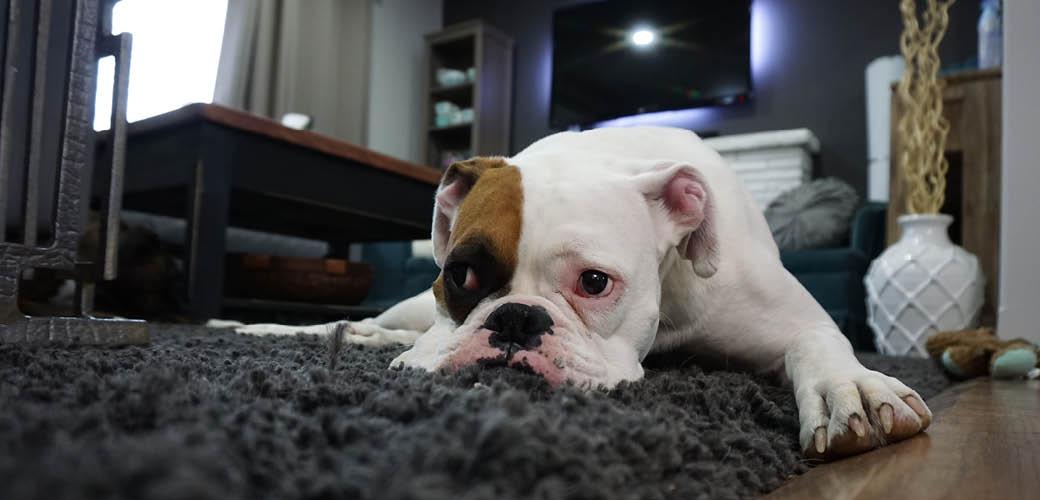
Unravel Your Pet’s Loneliness and Fix It

Understanding your pet’s behaviour can build your bond. Decipher their loneliness to improve their life and behaviour.
Many of the animals we choose to share our home with are very social creatures. It’s what makes them great pets, after all. This does mean, however, that they can get lonely – especially when they’re left alone while we go out to work or socialise with friends, or when another animal or person is no longer in their life.
While leaving your pet at home is often in their best interest and shouldn’t necessarily cause problems, some animals are more prone to loneliness than others. If you’re wondering whether your pet may be a little lonely, here are some ways you can tell.
They’re a little more clingy than usual
If your pet has started following you around the house more than usual and tends to stay close when you are home, this could be a sign of loneliness and separation anxiety.
They’ve lost their joie de vivre
A lonely pet may display symptoms we often associate with depression. This could include not eating, no longer engaging in play like they used to, and no longer being excited about the activities they previously enjoyed – like going for walks.
You may also notice that they’re sleeping more during the day and are more listless at night. This could be due to a lack of distraction during the day, so they just sleep instead.
They’re losing their hair
Cats that are lonely can take their grooming habits a bit too seriously and develop a condition called ‘bare belly syndrome’ or ‘psychogenic alopecia’. It’s generally a symptom of the cat being stressed or anxious.
Cats aren’t the only pet to use grooming as a coping mechanism. Dogs can develop ‘lick granulomas’ caused by licking or biting their fur – often on the wrists (carpus) – which is a common manifestation of boredom or anxiety. And, rabbits will display excessive grooming habits when lonely or bored as well, including pulling out their fur.
They’re being disruptive or destructive
Animals that are lonely or bored will find ways to entertain themselves – which is often seen as disruptive or destructive behaviour in our eyes. Dogs, especially, are well known for destroying furniture or objects if left to their own devices. And, even if they don’t have the opportunity to destroy your favourite couch, excessive howling and barking can be disruptive to your neighbours and is another clear sign of separation anxiety and loneliness in your pooch.
If you’re worried your pet is a little lonely, there are some things you can do to help:
- Make sure they have appropriate toys to play with while you’re away, so they don’t become bored.
- Put on the radio so it feels more like there’s someone around.
- Get a second pet, so they have a friend to play with.
- Whenever you can, take them with you when you go out.
And, if your pet is displaying concerning behaviours like over-grooming, get them checked over by a vet who can provide the appropriate treatment and advice for your pet.

